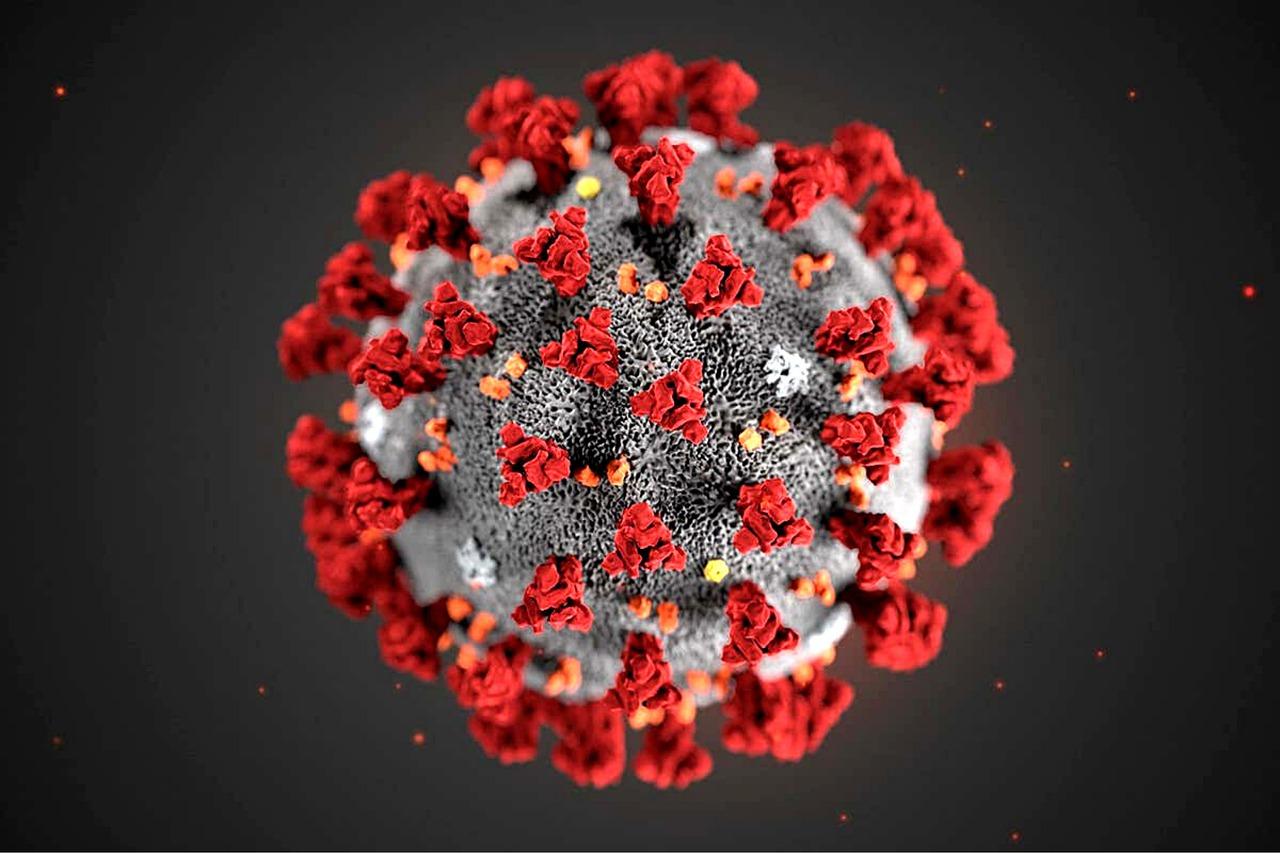
Severe cases of COVID-19 can now be predicted by a biomarker for the first time. This is due to a discovery involving the team led by Burkhard Becher, Professor at the Institute of Experimental Immunology at the University of Zurich (UZH). Together with colleagues from Tübingen, Toulouse and Nantes they have discovered an immune signature specific to COVID-19: the number of natural killer T cells in the blood.
These are a type of white blood cell and form part of the early immune response. Becher is quoted in a press release by the UZH, saying: “The number of natural killer T cells in the blood can be used to predict severe cases of COVID-19 with a high degree of certainty – even on a patient’s first day in hospital.” According to the first author of the study, Stefanie Kreutmair, this helps to provide the best possible treatment for patients with severe cases. Moreover, the results also enable new therapies against COVID-19 to be researched.
This discovery was made possible by comparing the immune reactions of patients with COVID-19 with those of people with pneumonia that had been caused by a pathogen other than SARS-CoV-2. The immune response is very similar for various types of pneumonia. In contrast, according to Becher, T cells and natural killer T cells “display a unique behavior and describe a kind of pattern in the immune system – the immune signature specific to COVID-19.”